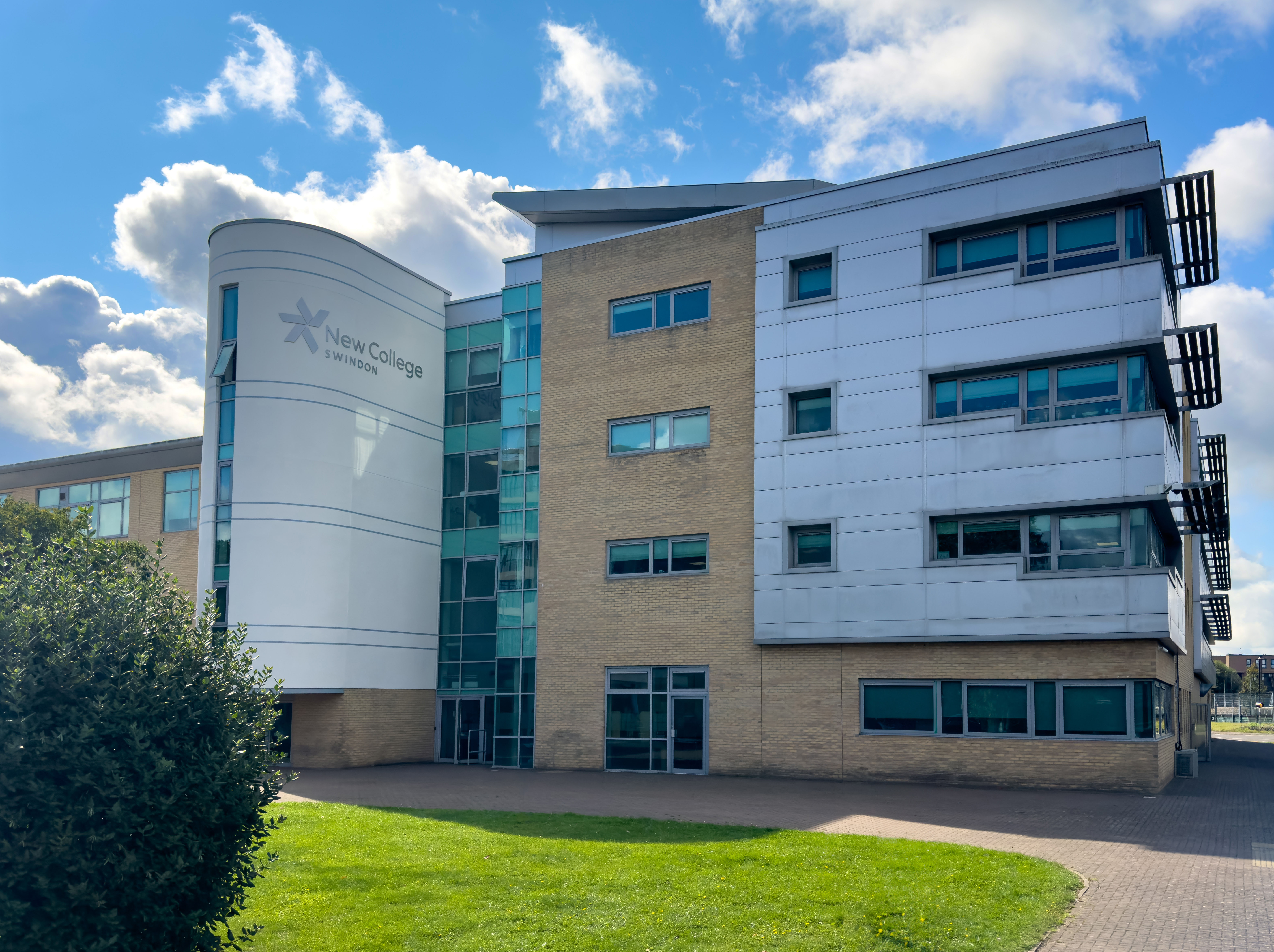In the fast-evolving landscape of the 21st century, education has transcended the confines of traditional degree-based models. While degrees undoubtedly lay a solid foundation, the concept of lifelong learning has emerged as a powerful force, steering students toward continuous growth and development. Beyond the parchment of academic achievement, lifelong learning offers a myriad of benefits that extend far into one's personal and professional life.
Embracing Adaptability and Resilience
The modern world is marked by rapid changes in technology, industry, and global dynamics. Lifelong learning equips students with the mindset and skills needed to navigate these changes seamlessly. By fostering adaptability and resilience, students become better prepared for the uncertainties that lie ahead. Instead of being confined to a static set of skills acquired during formal education, lifelong learners thrive on a continuous journey of skill acquisition and adaptation.
Remaining Relevant in a Dynamic Job Market
The job market is no longer a static landscape; it's a dynamic ecosystem that demands constant evolution. Lifelong learning ensures that students remain relevant in their chosen fields. Professionals who engage in continuous education are better equipped to meet the ever-changing demands of their industries. Whether it's staying abreast of technological advancements or embracing new methodologies, lifelong learners are positioned as assets in the workforce.
Enhancing Personal Development
Lifelong learning through training programs such as Pitman Training plays a critical role in personal development. It enriches people's lives by introducing them to new ideas, knowledge and perspectives. Whether through formal courses,online training programs, self-study, or exploring a hobby, lifelong learners continually expand their horizons. TThis holistic approach to education contributes to a well-rounded and fulfilled life.
Nurturing Inquisitive Minds and Critical Thinking
Beyond the realm of formal education, lifelong learning nurtures inquisitive minds and sharpens critical thinking skills. Encouraging a curiosity-driven approach to knowledge, students learn to question, analyze, and synthesize information independently. This not only enhances their academic pursuits but also lays the foundation for informed decision-making in every facet of life.
Building a Diverse Skill Set
While degrees often provide specialized knowledge in a particular field, lifelong learning allows students to diversify their skill sets. This versatility is invaluable in a world where interdisciplinary collaboration is increasingly important. Lifelong learners possess a toolbox of skills that extends beyond their core expertise, making them adaptable collaborators capable of contributing to a variety of projects and initiatives.
Fostering a Growth Mindset
The concept of a growth mindset, popularized by psychologist Carol Dweck, is integral to lifelong learning. Students with a growth mindset perceive challenges as opportunities for growth rather than insurmountable obstacles. This mindset not only fuels continuous learning but also enhances resilience in the face of setbacks. Lifelong learners embrace challenges with enthusiasm, viewing them as stepping stones toward personal and professional development.
Navigating Technological Advancements
In an era dominated by technological advancements, staying technologically literate is paramount. Lifelong learning ensures that students not only keep pace with technological changes but also harness them to their advantage. From mastering new software tools to understanding the implications of emerging technologies, lifelong learners are better positioned to leverage these advancements in both their personal and professional pursuits.
Cultivating a Network of Like-minded Individuals
Lifelong learning often involves engagement with a community of like-minded individuals who share similar interests and passions. Whether through online forums, workshops, or collaborative projects, students have the opportunity to build a diverse network of connections. These connections serve as valuable resources for mentorship, collaboration, and the exchange of ideas, creating a supportive ecosystem for continuous growth.
Contributing to Social and Economic Progress
Beyond personal development, lifelong learning contributes to broader societal progress. A population committed to continuous education is more likely to drive innovation, address societal challenges, and contribute to economic growth. Lifelong learners are positioned to become active participants in shaping the future, driving positive change in their communities and beyond.
Overcoming Obstacles to Lifelong Learning
While the benefits of lifelong learning are evident, obstacles often hinder its widespread adoption. Time constraints, financial considerations, and a lack of awareness can pose challenges. However, the evolving landscape of education is addressing these barriers through online platforms, affordable courses, and initiatives that promote the importance of continuous learning.
Conclusion
In conclusion, the paradigm of education has shifted from a linear progression marked by degrees to a dynamic, lifelong journey of learning and development. Beyond the tangible achievements of academic degrees, lifelong learning equips students with the mindset, skills, and adaptability needed to thrive in a rapidly changing world. It transcends the boundaries of formal education, fostering personal and professional growth that extends far beyond the classroom. Embracing a culture of lifelong learning is not just an investment in one's future; it's a commitment to a fulfilling, enriching, and ever-evolving journey of knowledge and self-discovery.







